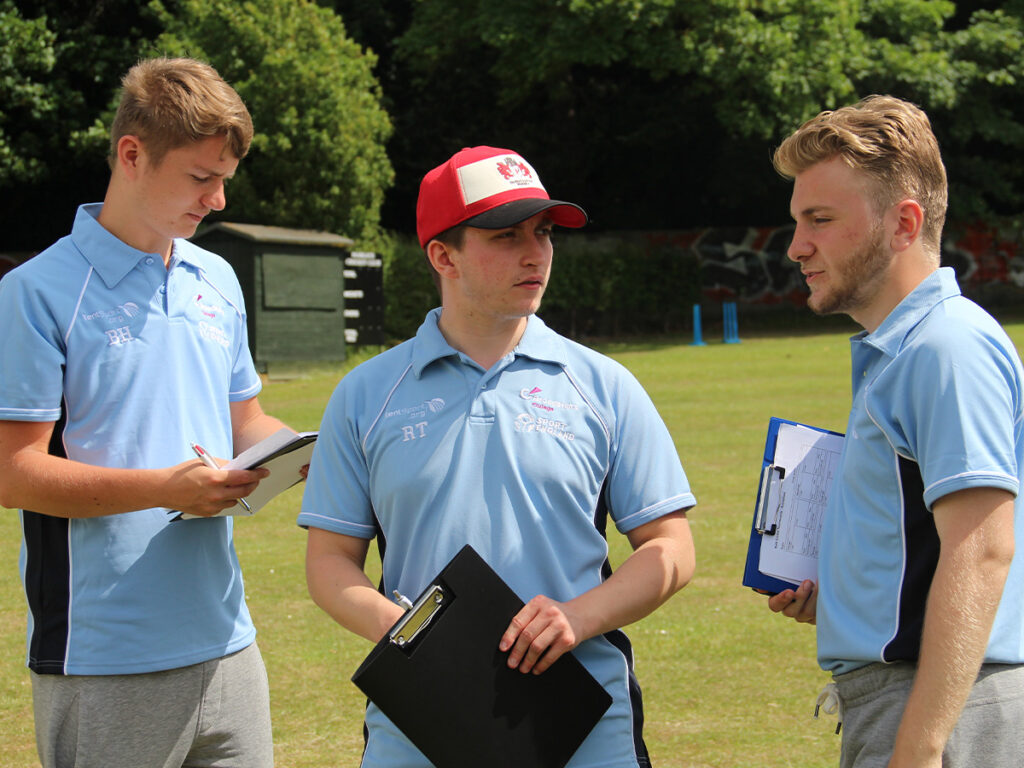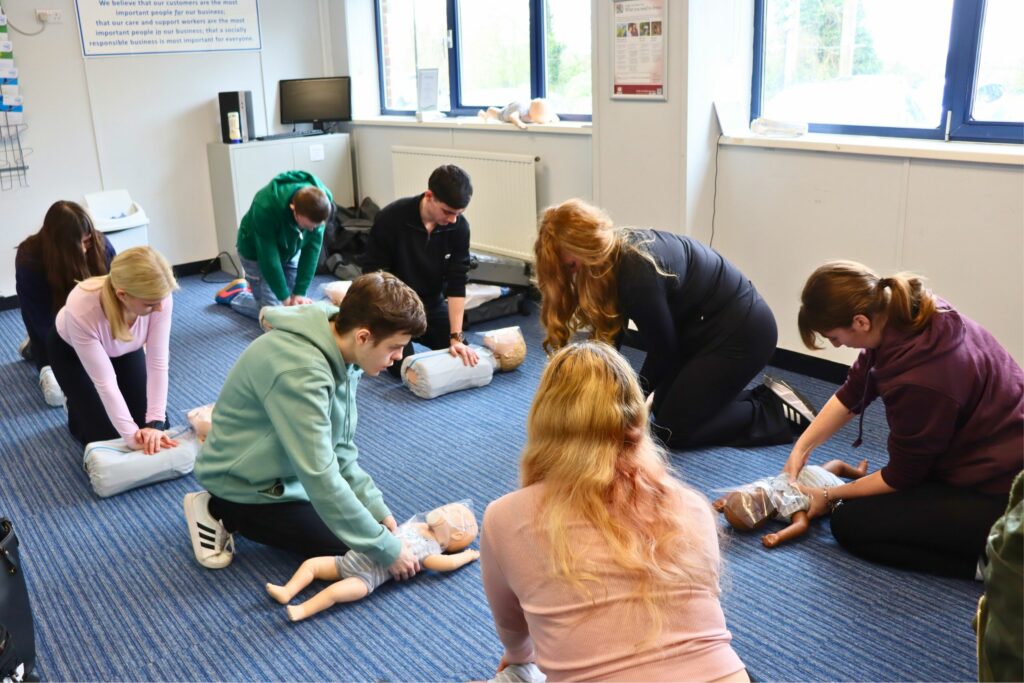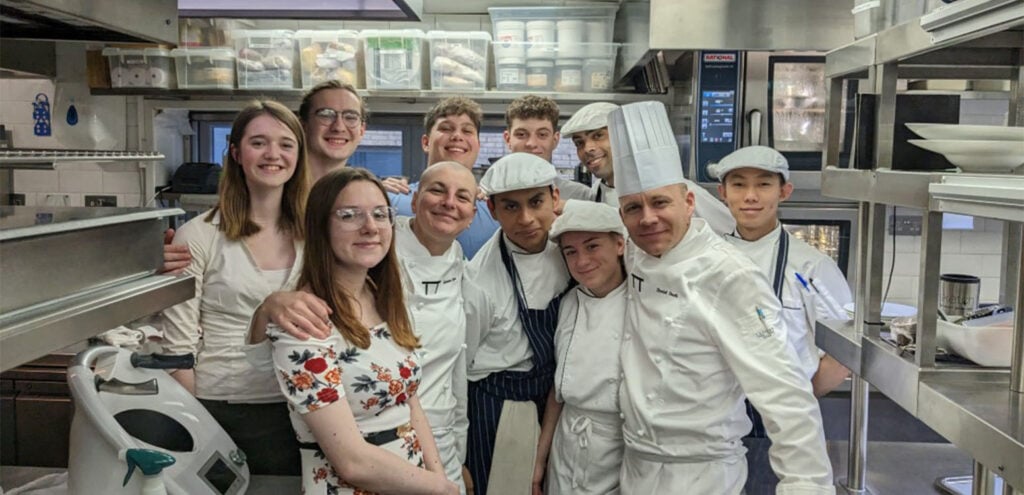If you’re getting ready for your work placement, it’s natural to feel excited.
Work placements are a fantastic opportunity to apply what you’ve learned in class to the real world, and they can be a stepping stone to future job opportunities.
To help you get the most out of your placement, we’ve gathered some expert tips from our Industry Liaison Officers (ILOs), who work closely with employers and students to make placements a success.
Here are their top tips for making the most of your work placement:
Susan Kennedy, Industry Liaison Officer for Health and Social Care, Sport and Leisure
Build Relationships with your Colleagues:
Getting to know the people you’ll be working with is essential. Take the time to build relationships with your colleagues—ask questions, show interest, and engage with them. A supportive work environment starts with good communication, and it’ll make your placement much more enjoyable.

Embrace the Learning Opportunity:
Your work placement is the perfect chance to learn employability skills directly from professionals in your field. Whether it’s learning how to communicate with clients or mastering the technical skills required for the job, be open and eager to absorb as much knowledge as possible. Every day on placement is an opportunity to grow.
Maintain the strong Employer Relationship:
Your work placement isn’t just about what you do—it’s also about building connections. Check in with your supervisor regularly to show that you’re committed and to receive feedback on your performance. The relationships you build now can be valuable in the future, especially when it comes to job recommendations or even job offers.
Your Placement Could Lead to a Job:
Remember that employers often see work placements as a way to identify future employees, with dedicated training provided. Show them what you’re capable of, and it could lead to long-term opportunities. Always act professionally, be punctual, and give your best effort—this could be your first step toward a permanent role.

Natalie Stone, Industry Liaison Officer for Catering and Hospitality/Business and Finance
Research and Choose the Right Placement:
Before starting your placement, research companies in your industry that align with your career goals. Find a placement that not only matches your course but also offers a supportive and valuable learning environment. Checking online reviews or asking previous students about their experiences can help you make the right decision.

Plan Your Travel in Advance:
One practical aspect of your placement is getting there. If your placement requires a bus or train journey, make sure to check the cost and plan your travel route in advance. Look up the address on Google Maps, check the opening times, and ensure you’ll be able to get there on time every day. Being prepared will help avoid stress later.
Be Aware of Costs and Schedules:
It’s important to check both the operating hours and any expenses you may have associated with your placement. Consider whether you can afford any travel costs and ensure the work hours fit around your other commitments, like study or part-time work.

Work placements can be an exciting and rewarding part of your education. By following these tips, you’ll be well-prepared to make the most of this opportunity and set yourself up for success in your future career.


